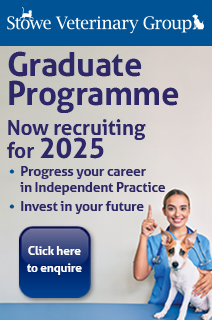
1. Do your research
One of the biggest mistakes that an applicant can make is using a generic cover letter for every application. Independent practices care about their work, and they are proud of what they do. They want to know that you will also care about their practice, and will be supportive of your colleagues’ achievements.
Take the time to research what the practice does: What services do they offer? Have they shared any amazing achievements recently? Have they won any awards?
2. Don’t be afraid to boast
You have done the hard work, so don’t be afraid to boast. This is your opportunity to tell your potential employer about your proudest accomplishments: your hard-earned qualifications, your professional achievements or a successful case.
Remember that your accomplishments don’t necessarily need to be academic, but they do need to be related to the job role. Make sure that they are specific, detailed and relevant.
3. Make it personal
An excellent way to stand out from the crowd is to make your application personal to you. You don’t have to share your life story, but a short paragraph about your passion for animals or veterinary medicine is a great way to add some personality to your cover letter. Some topics worth considering could be what inspired you to join the profession, a meaningful experience during your career or even just a bit about your own pets.
This can also be an opportunity to tell them about your interests outside of veterinary practice. Whether it’s a fun sport you use to unwind, a quirky hobby or some inspiring volunteering you do, employers love to know about what makes you, you.
4. Show that you will fit in
An independent practice is like a family, and how well they work together is vital to its success. Use your cover letter to show what skills and traits that you can bring to their team. You need to be able to prove that you are a team player, and will work hard to support your clients and your colleagues.
This isn’t just about which of your veterinary and professional skills can be transferable to the role, it’s also an opportunity to prove that you have the interpersonal skills to be a supportive and active member of the team.


